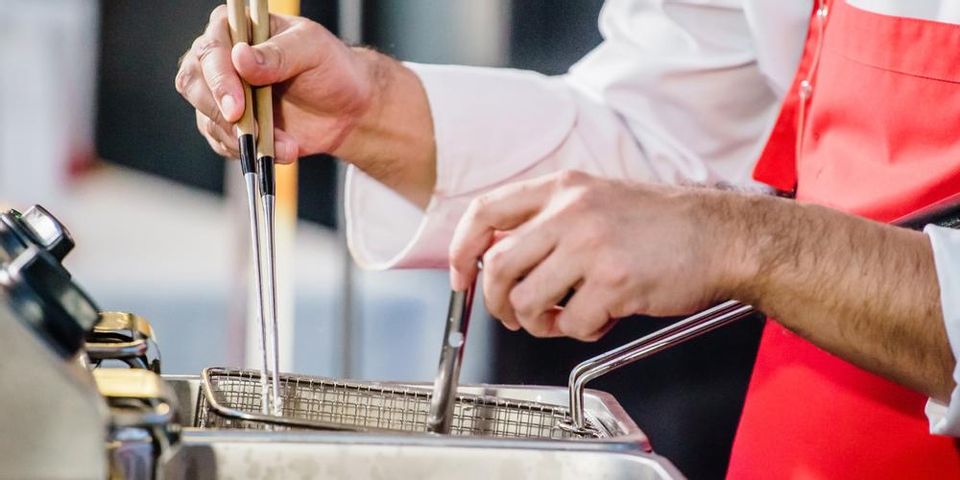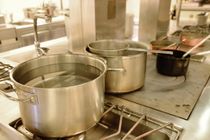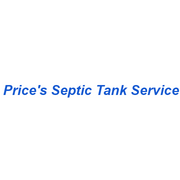How Often Is Grease Trap Cleaning Required?

Grease traps are receptacles that filter kitchen wastewater before it enters the sewer waste system. As part of a restaurant’s septic system, grease trap cleanings are needed to prevent backups and other problems from occurring. That’s why the specialists at Price’s Septic Tank Service in Commerce, GA, have compiled this information as a guide for owners.
A Guide to Grease Trap Cleaning
How Often Is Cleaning Needed?
Most manufacturers recommend a grease trap cleaning every three months. Busy restaurant owners and commercial kitchens should consider having them serviced more frequently if they are used more often. Grease traps generally need to be emptied after they are one-fourth full with fats, oils, grease, and solids (FOGS).
All states and municipalities govern how grease traps should be handled and disposed of. For example, in Georgia, waste from grease traps can only be handled by properly licensed waste haulers and must be cleaned once the trap reaches 30% capacity for FOGS. Cleaning must include “removal of materials from the tank walls, baffles, cross pipes, inlets and outlets, both tee's and the cover,” according to the county’s ordinance.
Who Can Perform Grease Trap Maintenance?
 Only companies licensed to dispose of grease trap waste can service grease traps. These companies must follow strict guidelines in the safe and efficient removal of a trap’s contents. For example, in the state of Georgia, all waste must be tracked by an approved four-part manifest and the contents disposed of at a licensed facility. Failure to comply with these rules can lead to the restaurant’s water and sewer services being terminated.
Only companies licensed to dispose of grease trap waste can service grease traps. These companies must follow strict guidelines in the safe and efficient removal of a trap’s contents. For example, in the state of Georgia, all waste must be tracked by an approved four-part manifest and the contents disposed of at a licensed facility. Failure to comply with these rules can lead to the restaurant’s water and sewer services being terminated.
Price’s Septic Tank Service has been helping restaurants and commercial kitchen owners in Jackson, Madison and surrounding counties with grease trap cleaning for many years. Their company is state-certified and FOG registered and approved. To learn more about their services, call (706) 789-3263 or visit them online.
About the Business
Have a question? Ask the experts!
Send your question

